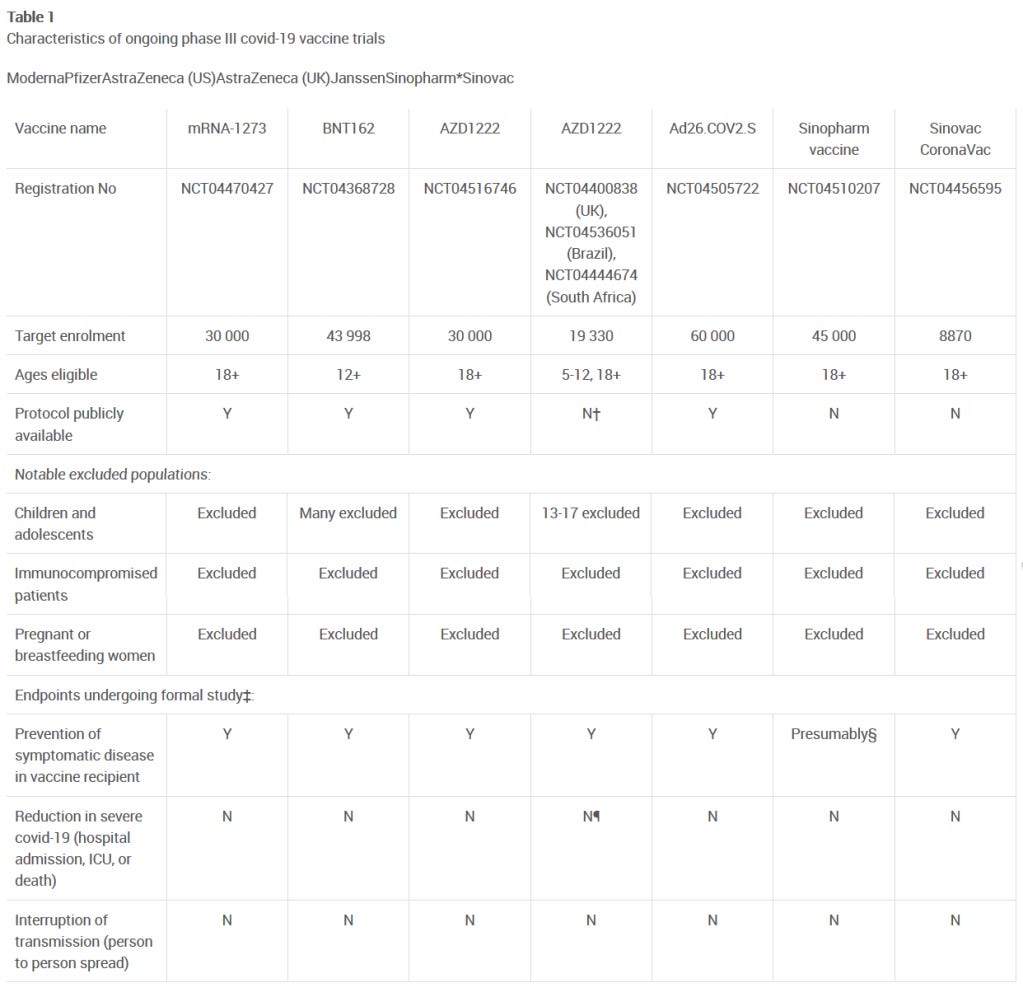It's 2009 All Over Again ...
A new "killer virus", global panic, squandered public monies, and a rushed vaccine—déjà vu from the swine flu pandemic
The Council of Europe blasts the World Health Organization and national governments around the globe for the handling of the pandemic. Their report cites "overwhelming evidence that the seriousness of the pandemic was vastly over-rated by WHO, which led to a distortion of public health priorities." The British Labour politician and author of the report, Paul Flynn, is cited with the comment: "This was a pandemic that never really was."The pandemic in question is the 2009 swine flu pandemic and the quote is from a 2010 article in the British Medical Journal. The concerns at the time focused on undue influence by big pharma companies on the WHO, which led to poor decision-making and excessive spending by many countries on unnecessary anti-viral drugs and vaccines. By early 2010, Mr. Flynn apparently filed a motion in the UK Parliament to deplete left over Tamiflu pill stockpiles by using them as winter road salt.

The BMJ, one of the oldest and most highly regarded medical journals, together with the Bureau of Investigative Journalism in London, UK, published another article in mid-2010 about "WHO and the pandemic flu 'conspiracies'". The 6-page article notes that the WHO labelled allegations of hiding the influence of pharma advisors on its policies, which benefited the same pharmaceutical industry, as "conspiracies". Whether or not these advisors were biased seems irrelevant to me; the appearance alone of a possible bias is clear. Research ethics require the disclosure of any "real, perceived or potential conflict of interest" of e.g. evaluation committee members, here cited from the Natural Sciences and Engineering Research Council of Canada's "Conflict of Interest and Confidentiality" policy. We should expect the same transparency from advisors to public health agencies that make life-changing decisions for millions of people.

"Profiteers of Fear" is a documentary created in late 2009 for the Franco-German public TV channel Arte. The film-makers speak with numerous WHO staff, politicians, scientists, and pharma representatives about the H1N1 pandemic. Similar to the Council of Europe report, this work suggests that the WHO over-estimated the virulence of that virus, possibly under the influence of big pharma corporations, and that it prompted national governments to initiate overblown responses by declaring the outbreak a pandemic.
A contemporary commentary (in German) from October 7 starts off sneering at the comeback among corona critics of the 11-years old film "Profiteers of Fear". The writer reports that the film-maker Jutta Pinzler and the TV channel distance themselves from applying the lessons from the swine flu scandal to the SARS-CoV-2 pandemic. She also assiduously belittles one of the critics cited in the film for wrongly minimizing the threat from COVID-19 in analogy to H1N1. Yet, the original film-maker is also cited as supporting open debate of dissenting opinions. And it then turns out that Ms Pinzler is working on a new documentary about the implications of the corona crisis on democracy, focused on a comparison between France, Germany, and Sweden. In the meantime, this documentary "Corona - Safety Contra Freedom" (in German or French) has premiered on November 10 and turns out to be quite critical of lockdowns and the general handling of the ongoing SARS-CoV-2 pandemic.

Back a couple of years, another BMJ article reviews safety issues with the Pandemrix vaccine for the swine flu. Author Dr. Peter Doshi asks "why was the public not told of early warning signs?" The article reveals that as part of court proceedings against a pharma corporation, internal documents were revealed that would have allowed to raise the alarm on serious side effects of Pandemrix, including debilitating narcolepsy among immunized children.
More recently, Dr. Doshi issued an important warning again. This time, he reviewed the COVID-19 vaccine trial documents and found that the two widely accepted criteria for an effective vaccine—to reduce the likelihoods of transmission and of severe illness—are not being assessed by the ongoing phase III experiments. None of the seven candidate vaccines is tested for "Reduction in severe covid-19 (hospital admission, ICU, or death)" nor "Interruption of transmission (person to person spread)". Instead, the only marker of success is a reduction in mild illness confirmed by the notoriously unreliable PCR test.
The first BMJ article cited above has one response from a medical student in India. The student notes that it is easy to criticize the swine flu pandemic response with the benefit of hindsight and argues that we should be "better safe than sorry". But are we safer with untested drugs, then or now? The inability of the COVID-19 vaccine trials to determine whether the candidate vaccines achieve the basic expectations that the public has, is shocking. The chief medical officer of one of the vendors explains that there is not enough money and time to conduct an even larger trial that would allow to test for the rare occurrences of serious illness as well as sporadic transmission. Yet, given the 2009/10 experience with side effects, I worry that undetected issues could be even more costly in the long term. And more generally, what in the world do we need this vaccine for, given the overall benign nature of this "pandemic"?




